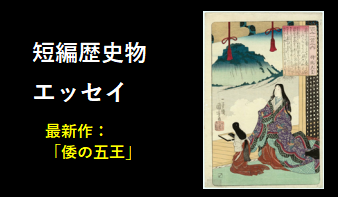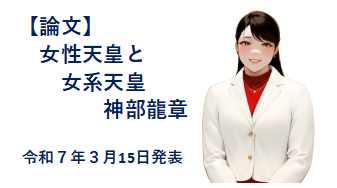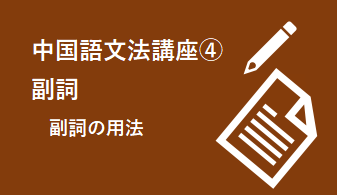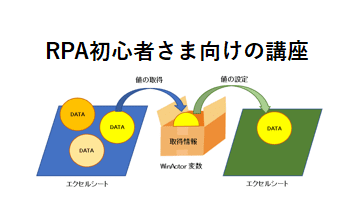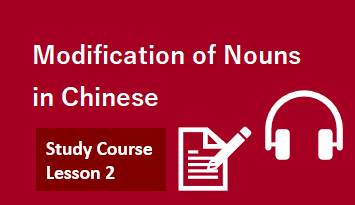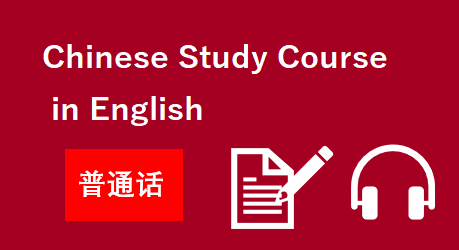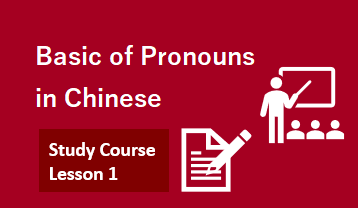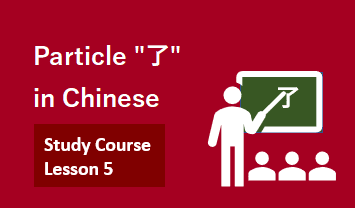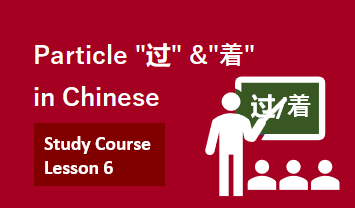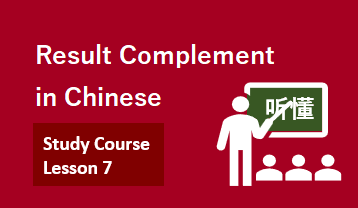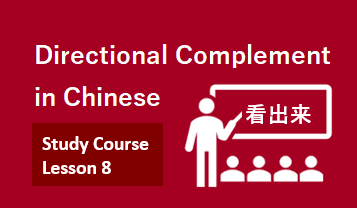Chinese Study Course [ Lesson2 ]

Hello everyone. I'm Goyan. In Lesson 2, we will review the modification of nouns in Chinese.

Starting with Lesson 2, the Chinese example sentences are accompanied by native speaker audio. Please listen carefully as it will be repeated three times.
2-1 Modifying nouns with pronouns

Nice to meet you. I'm Chappy. I show up sometimes. Remember me too!
By the way, we already studied the possessive form of personal pronouns and the conjunctive form of demonstrative pronouns in Lesson 1.
| your luggage |
| 您的行李 |
| nín de xíng lǐ 。 |
| ◆Detailed explanation 您的(personal pronoun possessive)+行李(noun) (note)”的" is a "Structural particle" used to modify nouns. |
2-2 Modifying nouns with other nouns
(1) normal usage

When modifying nouns with other nouns, use the Structural particle "的" as noun + "的" + noun, as in "老师的词典".
| teacher's dictionary |
| 老师的词典 |
| lǎo shī de cí diǎn 。 |
| ◆Detailed explanation 老师(noun:teacher)+的(structural particle)+词典(noun:dictionary) |
(2) Cases where the structural particle "的" is omitted

When a personal pronoun modifies a noun, the structural particle "的'' is usually omitted when there is a relationship such as "relative name'', "human relationship'', or "group to which one belongs''.

When a noun modifies another noun, don't use the structural particle "的'' if the noun has a strong connection with the noun behind it.
(Example)
- 「中文杂志」Chinese Magazine
- 「中国朋友」Chinese friends
- 「四川菜」Sichuan Cuisine
- 「体育老师」Physical Education Teacher
- 「历史问题」Historical Issues
- 「民营企业」private company
2-3 Modifying nouns with to-infinitives, participles and relative pronouns

Consider sentences in English that use to-infinitives, participles, and relative pronoun modifiers to describe nouns in detail. When you want to express the sentence in Chinese, put a phrase or sentence such as "向海关提交的" before the noun of “申报单.” The grammatical structure for modifiers of nouns is "phrase or sentence + structural particle '的' + noun."
In English, to-infinitives, participles, and relative pronouns are used to describe nouns in detail, but Chinese usages to modify nouns is simpler in structure and form than English.

| Do you have a declaration to submit to customs? |
| 有向海关提交的申报单吗? |
| yǒu xiàng hǎi guān tí jiāo de shēn bào dān ma ? |
| ◆Detailed explanation (subject omission)+有(verb)+向海关提交(noun modifier)+的(structural particle)+申报单(noun)+吗(speech particle, question)? ・向海关提交(noun modifier)➡向海关(prepositional phrase:向preposition+海关noun)+提交(verb) |

This is the end of today's study. I hope you have understood how nouns are modified in Japanese and Chinese. See you next time!
See you again!





